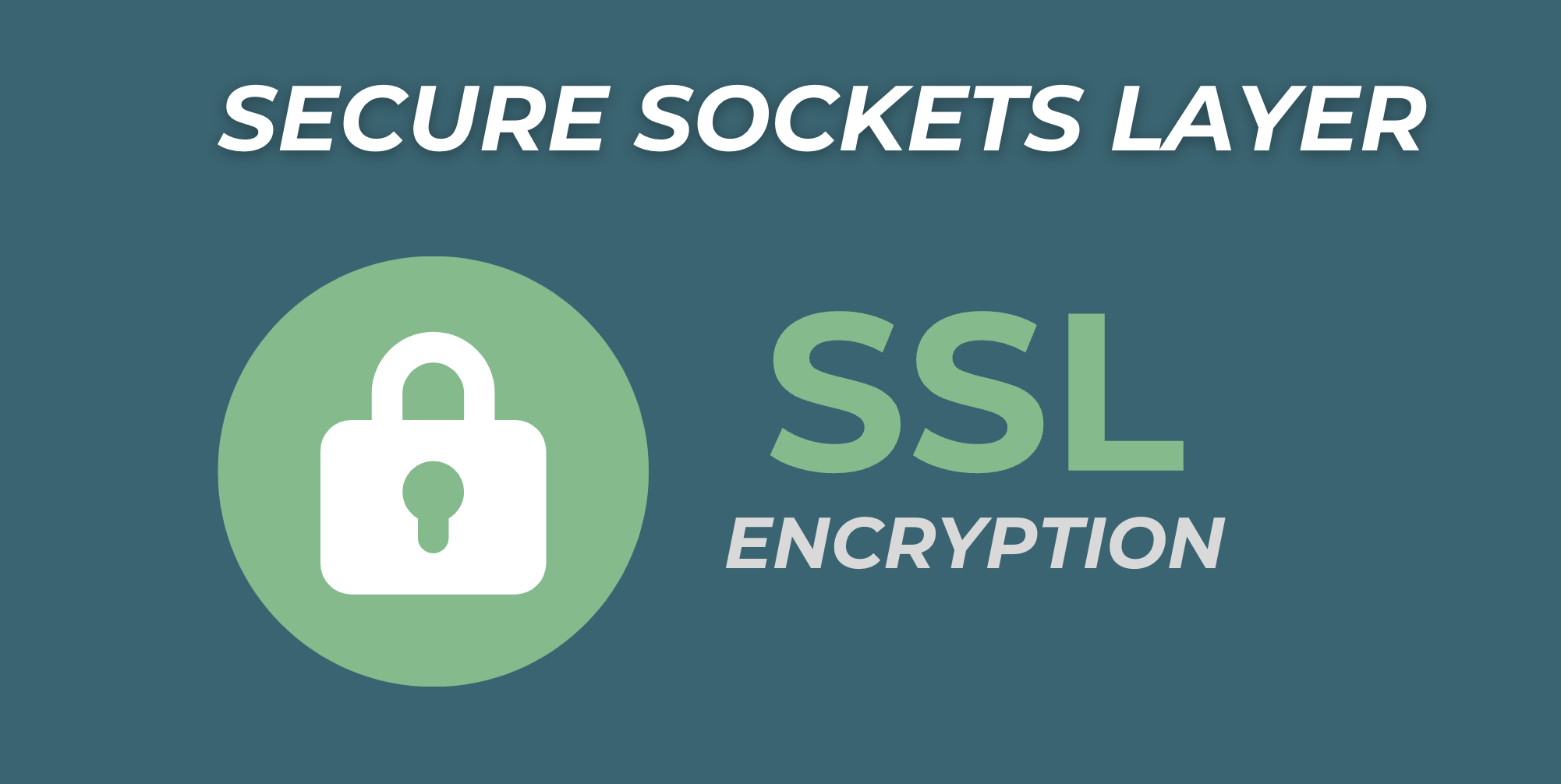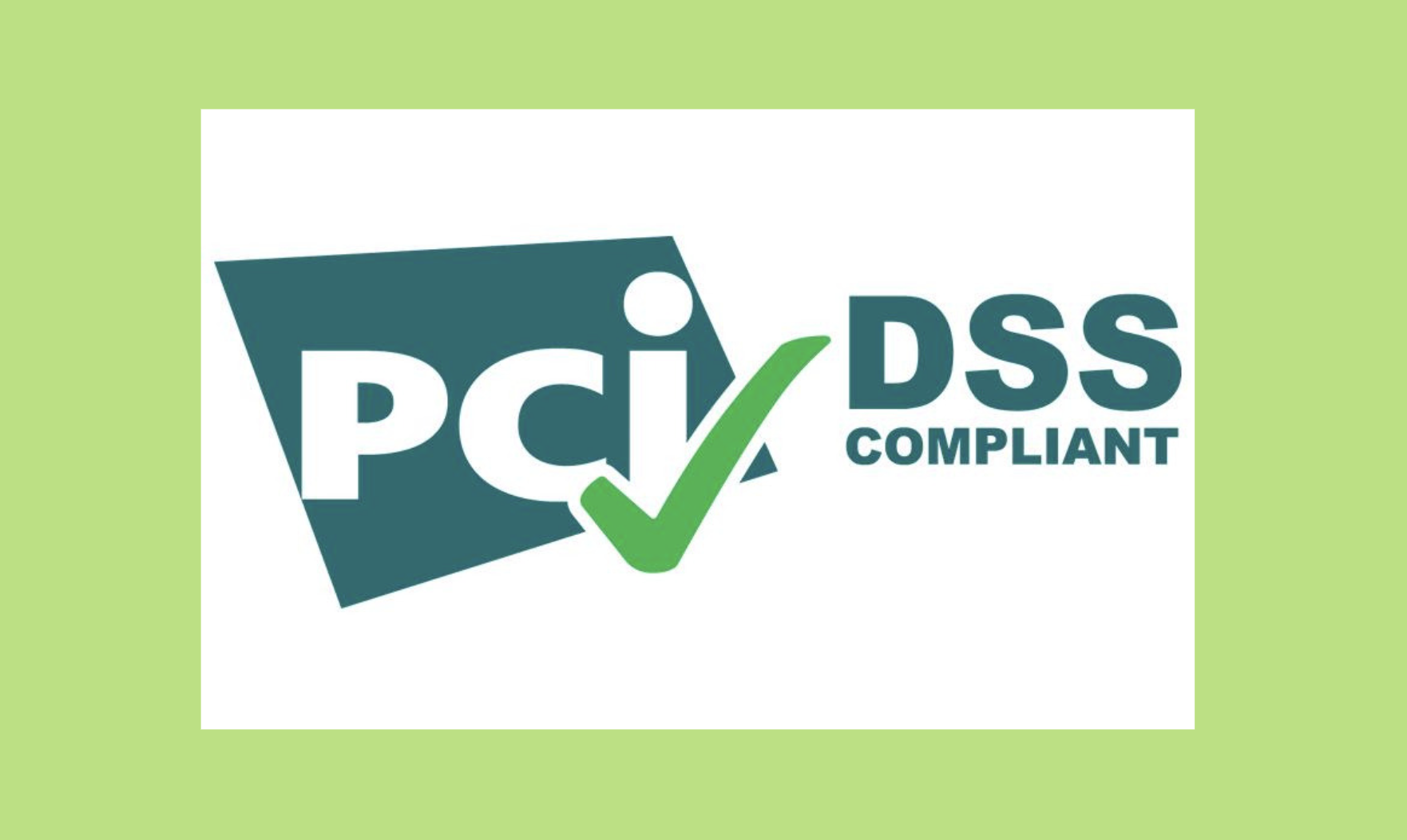When booking your dream vacation, you want to secure your personal and financial information. Booking.com understands this concern and has implemented robust security measures to protect your data.
In this blog post, we’ll explore the various layers of security Booking.com employs, from data encryption and secure connections to fraud detection and prevention.
You’ll discover how Booking.com safeguards sensitive information, giving you peace of mind when making travel arrangements. We’ll also discuss the company’s commitment to transparency and continuous improvement of its security practices.
By the end of this article, you’ll understand why Booking.com is a trusted choice for millions of travelers worldwide and how you can confidently book knowing your information is in good hands.
Overview: Booking.com’s Security Measures and Security Standards
A. General Safety and Security Standards

- Encryption Protocols: Booking.com uses industry-standard encryption protocols to secure user data during transmission. Encryption scrambles data into an unreadable format, which can only be decoded with the correct key, protecting sensitive information from interceptors.
- Secure Sockets Layer (SSL): The platform employs Secure Sockets Layer (SSL) technology, establishing a secure, encrypted link between the server and the client. This ensures that all data passed between them remains private.
- HTTPS Connection: Booking.com’s website features an HTTPS connection, which provides an extra layer of security by encrypting the entire communication between your browser and the website. This safeguards users’ data from eavesdropping and tampering.
B. Fraud Detection and Prevention: 2FA and PCI-DSS
Booking.com employs sophisticated fraud detection systems to monitor and analyze transactions for signs of fraudulent activities. These advanced technologies and algorithms ensure bookings’ integrity, protecting travelers and accommodation providers.
The company has a dedicated team of security experts who review and investigate suspicious activities. This team is trained to respond to threats swiftly, preventing fraud and minimizing potential damage.
Booking.com partners with leading payment providers to ensure secure payment processes. This collaboration includes implementing additional security measures such as two-factor authentication and using secure payment gateways that comply with international security standards like PCI-DSS.
Specific Security Features Implemented by Booking.com
A. Payment Card Industry Data Security Standard (PCI-DSS)

Booking.com utilizes payment gateways compliant with the Payment Card Industry Data Security Standard (PCI-DSS).
This ensures that payment data is processed, stored, and transmitted securely, protecting users’ financial information from potential breaches.
The platform employs strict protocols and encryption technologies to safeguard users’ payment information from unauthorized access.
Booking.com’s efforts to secure financial data demonstrate their commitment to maintaining a safe and trustworthy booking experience.
B. Verified Reviews System
Booking.com has implemented a system to monitor and filter review content, ensuring that all reviews are genuine and relevant.
The company employs advanced technologies to identify and remove fake or misleading reviews, maintaining the integrity of the feedback system.
To ensure the authenticity of user feedback, Booking.com takes steps to verify that reviews are posted by actual guests who have stayed at the property.
This process helps maintain the credibility of the reviews, allowing travelers to make informed decisions based on reliable information.
C. Privacy and Data Protection
Booking.com follows strict data handling policies that comply with global data protection regulations. The company’s data collection, storage, and processing practices are designed to safeguard users’ personal information and maintain their privacy.
The platform maintains transparency in its data-sharing practices, providing users with clear information about what data is shared, with whom, and under what circumstances.
This transparency helps users understand how their personal information is being used and with whom it is being shared.
Booking.com empowers users to manage their privacy by offering various controls and options regarding their personal information.
Users can access, correct, and delete their data, giving them greater control over their personal information and respecting their privacy preferences.
Addressing Common Security Concerns: Ensuring Better Safety
A. Managing Fake Listings and Other Fraudulent Activities
Booking.com employs Various Technologies and Processes to Detect and Remove Fraudulent or Suspicious Listings.
These measures include machine learning algorithms that analyze patterns and flag potential issues and manual reviews conducted by a dedicated team of experts.
To ensure authenticity and credibility, Booking.com has implemented a verification process for property owners who wish to list their accommodations on the platform.
This process requires property owners to provide valid information and documentation to validate their listings, reducing the risk of fraudulent activities.
Users can take steps to identify legitimate listings by being aware of red flags, such as unusually low prices, limited or inconsistent information, and a lack of reviews.
Booking.com encourages users to verify property information by cross-referencing with other sources and reading reviews from verified guests.
B. Balancing Privacy and Data Sharing
Booking.com implements security protocols and measures to protect users’ personal and financial data.
These include encryption technologies that scramble sensitive information during transmission and secure server environments that safeguard stored data from unauthorized access.
The platform provides users with options to manage their privacy settings, allowing them to control what information is shared and with whom.
Users can easily access and adjust these settings through their Booking.com account, ensuring their privacy preferences are respected.
C. Policies Regarding Cancellation and Refund
Booking.com ensures that all cancellation and refund policies associated with listings are communicated and easy to understand.
The platform provides transparent information about these policies, including applicable fees or deadlines, helping users make informed decisions when booking accommodations.
If users encounter issues with cancellations or refunds, Booking.com offers a robust support system. Users can contact the platform’s customer service team through various channels, such as email, phone, or live chat, to seek assistance and guidance.
Booking.com also has a dispute resolution process to address conflicts between users and property owners, working to find fair solutions for all parties involved.
Must Read: Tips for Safe Booking on Booking.com
A. Verifying Hotel and Reviews Related to Hotel Before Booking
When booking accommodations on Booking.com, it is crucial to verify the information provided by cross-checking it with the official hotel website.
This step helps confirm the legitimacy of the listing and ensures that the details, such as amenities, room types, and location, are accurate.
Reading reviews from verified guests is another valuable way to assess the accommodation’s quality and the listing’s authenticity.
Booking.com’s review system lets users gain insights from genuine experiences, helping them make informed decisions about their stay.
B. Being Cautious About Personal and Financial Information
To ensure safe online transactions, users should always verify the security of the booking site by looking for “https://” in the URL and a lock icon in the address bar.
It’s essential to be cautious when entering and storing payment information, using secure methods whenever possible.
When making bookings, it’s advisable to use secure, private Wi-Fi networks to minimize the risk of data interception.
Additionally, users should create strong, unique passwords for their Booking.com account and any other online accounts associated with travel booking to prevent unauthorized access.
C. Conditions and Policies
Before finalizing a reservation, it’s crucial to review all terms and conditions associated with the booking carefully.
Pay close attention to cancellation policies, refund terms, and any additional fees or charges that may apply. Being well-informed about these policies can help avoid unexpected costs or complications.
Users should also be aware of potential scams related to online booking. Common red flags include unsolicited emails asking for payment information or offers that seem too good to be true.
To avoid scams, be cautious of deals with significantly lower prices than comparable options, and always book through trusted, secure platforms like Booking.com.
By following these tips and exercising caution, users can enjoy a safer and more secure booking experience on Booking.com, ensuring a hassle-free and enjoyable stay at their chosen accommodation.
D. Identifying Red Flags for Fake Listings on Booking.com
- Low prices: One warning sign of a potential fake listing on Booking.com is a price that seems too good to be true. It might be a scam if the price is significantly lower than similar listings in the same area.
- Lack of details: Be cautious of listings with vague descriptions, a lack of specific details, or inconsistencies in the information provided. These could be indications that the listing is not legitimate.
- Lack of reviews: Pay attention to reviews when assessing the authenticity of a listing. A lack of reviews or the presence of generic, non-specific reviews may suggest that the listing is fake.
E. Verification Techniques for Fake Listings on Booking.com
- Google Image Search or Google Lens: To check the authenticity of listing photos, use Google Image Search or Google Lens. These can help you determine if the images are used elsewhere online, potentially indicating a fraudulent listing.
- Cross-reference with other websites: Cross-reference the property’s details on reputable travel websites and the official hotel website. Inconsistencies or a complete lack of information on these other sources could be a red flag.
- Contacting the property: If you have doubts about the legitimacy of a listing, try contacting the property directly using the official contact details on their website. Reaching out to the property can help you verify the authenticity of the listing on Booking.com.
F. Steps to Take if Users Suspect a Scam or Fake Listing
If users suspect they’ve encountered a scam or fake listing on Booking.com, they should take the following steps immediately:
1. Do not provide any further personal or financial information to the suspected fraudulent listing or individual.
2. Contact Booking.com’s customer support team immediately to report the suspicious activity, providing as much detail as possible about the listing and your concerns.
3. If you have already made a payment, contact your bank or credit card company to report the potential fraud and discuss your options for disputing the charges.
4. Gather and save any relevant documentation, such as emails, screenshots, or booking confirmations, that may indicate suspicious activity.
5. If you believe you have fallen victim to a scam, consider reporting the incident to local law enforcement and the appropriate consumer protection agencies in your country.
Remember, Booking.com has a dedicated team working to identify and remove fraudulent listings, but by reporting suspicious activity, you can help protect yourself and other users from potential scams.
What Kind of Personal Data Does Booking.com Collect?
1. User Information
Booking.com collects various types of personal information from its users to facilitate the booking process and enhance user experience. This includes basic details such as name, email address, phone number, and communication preferences.
2. Payment Information
To confirm and process bookings, Booking.com collects necessary payment details from users. This may include credit card information, billing address, and other relevant financial data. Booking.com ensures that this sensitive information is securely handled and stored.
3. Travel Details
Booking.com collects travel-related information from its users to provide personalized recommendations and streamline the booking process. This includes preferred travel dates, destinations of interest, accommodation preferences, and any specific requirements or requests related to the booking.
Understanding Why Booking.com Collects User Data
1. Enhancing User Experience
Booking.com leverages user data to personalize search results and recommendations, improving the booking experience. The platform can provide more relevant suggestions tailored to individual needs by analyzing user preferences and behavior.
The collected data helps Booking.com understand user preferences for future bookings, leading to more personalized recommendations.
2. Securing Transactions and Protecting Users
Booking.com employs user data to detect and prevent fraudulent activities on its platform. The company can protect users and its platform from potential fraud by analyzing patterns and identifying suspicious behavior.
Collecting certain user data is essential for securing transactions and ensuring the integrity of payment processes. Booking.com uses this information to verify user identities and prevent unauthorized access to sensitive financial data.
3. Facilitating Smooth Bookings
Data collection streamlines the booking process by reducing the need for users to re-enter information for future bookings.
Booking.com securely stores user preferences and details, making subsequent bookings more convenient and efficient.
User data helps Booking.com accurately match users with accommodations that meet their needs and budget.
By understanding user preferences and requirements, the platform can provide tailored recommendations, ensuring higher satisfaction with the booking experience.
Conclusion
In conclusion, Booking.com’s robust security measures, including industry-standard encryption, fraud detection systems, and secure payment processing, demonstrate its unwavering commitment to protecting its users’ sensitive information.
By implementing features like verified reviews and transparent data handling policies, Booking.com fosters trust and credibility within its platform.
As a user, you can take proactive steps to enhance your safety when booking accommodations, such as verifying hotel information, using secure networks, and thoroughly reviewing policies.
With Booking.com’s dedication to security and your vigilance as a user, you can confidently plan your next adventure, knowing your personal and financial data is safe.
So, what are you waiting for? Start exploring the world of possibilities with Booking.com, and book your dream getaway with peace of mind today!






